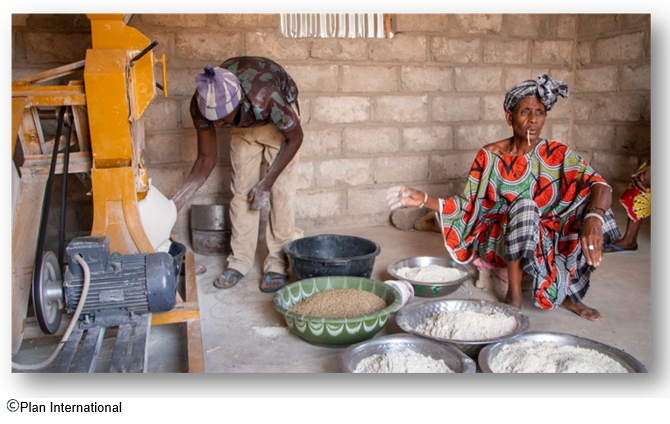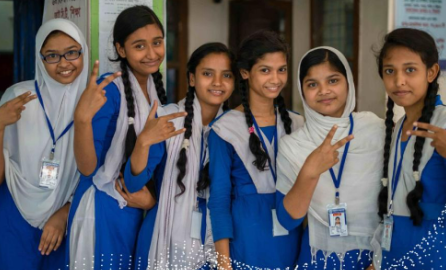Solar power for gender equality in Senegal

-
Gender marker: G2-Promotes gender equality as a primary objective
-
Period of implementation: 2017 - 2023
-
Amount: EUR 9,500,000
-
Geographical area: Sub-Saharan Africa
-
Implementing partners: Plan International, CARE, ACRA, ANER Sénégal, MPFEF Mali, MPFPE Niger
-
Link to the project:
-
GAP III’s Areas:
-
Gender-Based Violence
-
Economic and social empowerment
-
Green and digital transformation
-
In rural areas of Senegal, Mali and Niger, women play a vital role in the economic life of their families and communities. Women are valued for this role at the centre of the family but are also socialised by culture and tradition to limit their identity to that of wife and mother. Consequently, they are encouraged to limit their occupations and interests to the domestic/reproductive sphere.
In times of change, new technologies and practices create opportunities to target multiple issues at once. This is happening in Senegal with solar power. Photovoltaic solar energy represents a great new opportunity for women, which could enable them to make significant progress in terms of efficiency and competitiveness in their income-generating activities (IGAs), thus enabling them to emancipate themselves and affirm the key role they play in society.
The EU-funded DESFERS programme aims to use solar energy to create these changes in gender norms at all levels: society, institutions, communities and the family nucleus itself.
As solar is still a developing technology and sector, gender equality can be embedded from the outset if it is thought through and implemented with appropriate strategies. This project does just that, facilitating access to solar entrepreneurship for women's small and medium-sized enterprises by developing an enabling environment, facilitating access to credit and solar energy, and building the capacity of women and integrated energy service operators.
In the three countries, specific target groups include 4,650 income-generating activities promoted by women; 600 Savings and Credit Groups (Groupes d’Epargne et Crédit - EPC); 600 women energy service agents; 21,000 women and girls who are members of EPC groups; 60 officials from government institutions and chambers of commerce; and 60 local authorities participating in exchanges on the development of women's IGAs using renewable energies.
As a result of these actions, expected results include (over the three countries):
-
600 women's groups trained in the technical and financial management skills needed to operate in the sustainable energy sector.
-
21,000 women now have access to renewable energies and credit.
-
The role of women in the sustainable energy sector is promoted within households, communities and society at local, regional and national levels.
While strengthening women's skills is essential, it is often insufficient by itself to ensure the process of social transformation towards gender equity. The project therefore seeks a transformative approach by involving men in the dynamics of this social change – supporting them in discussions with other men, running reflection and engagement seminars, and setting up committees of committed men to try to ensure long-term success and equitable, sustainable development.
With change comes opportunity, and DESFERS now has this opportunity as a result of the rapid development of the power sector. Taking this chance could pay significant dividends in developing the power sectors of these countries, while helping to empower their women.
“We have obtained this millet mill thanks to the support of Plan International Senegal through the DESFERS project. This mill came to solve several decades of hard drudgery with pestles and mortars. Before this project, to grind millet or corn, we travelled 9 KM to reach the village of Keur Yero Khodia in order to prepare the evening couscous, which is the main evening dish at home. These trips are made by girls who are often exposed to the problem of falling behind in school and fatigue which prevents them from going to school. Today we can say ALHAMDOULILAH our suffering is behind us thanks to this DESFERS project.” Ngallou ka, President of a group of 25 women from the village of Goria
